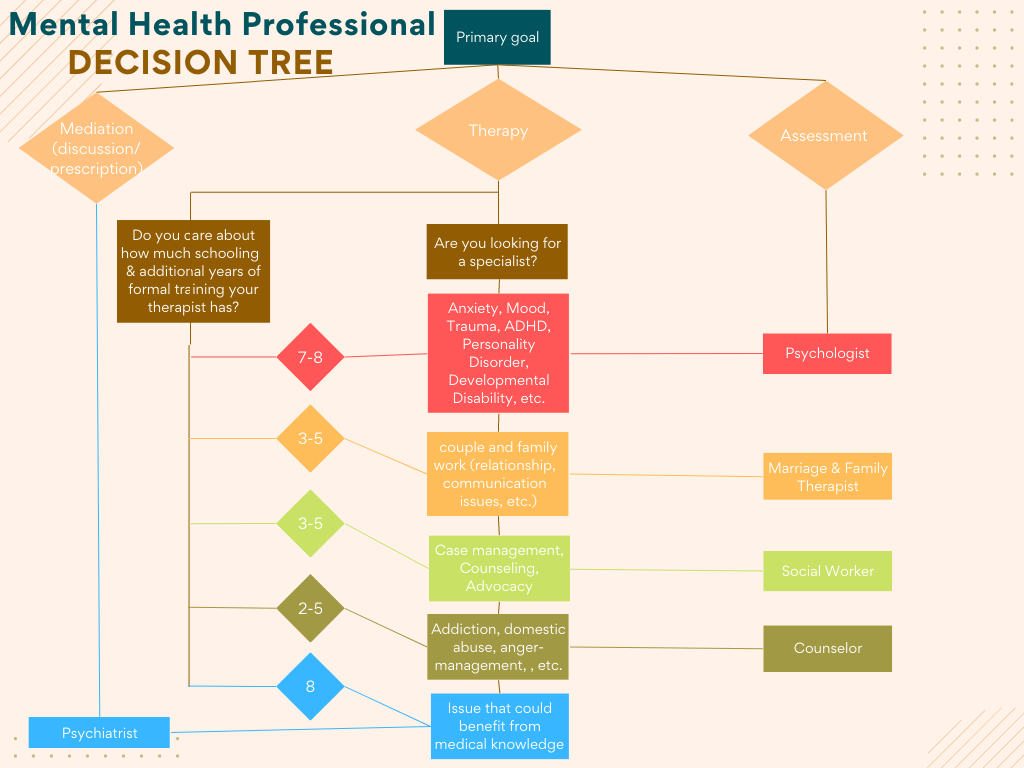Unlock the Power of the Pre-Adoption Psychological Evaluation
Transitioning into parenthood through adoption is a journey filled with anticipation, love, and the promise of new beginnings. Yet, as you embark on this life-altering adventure, there are essential steps to consider. One of these steps is the Pre-Adoption Psychological Evaluation. In my previous blog, I detailed exactly what this process is and how to navigate it. You can read that by clicking here. Adoption agencies require a psych eval as part of the adoption process to help ensure a good placement of child and parent(s) (which you can read more about by clicking here). Today, let’s delve into the invaluable insights this evaluation can offer you, as you prepare to embrace parenthood through adoption.
The Significance of the Pre-Adoption Psychological Evaluation
As mentioned, in my previous blog, I provided a comprehensive explanation of what a Pre-Adoption Psychological Evaluation entails. Furthermore, I highlighted how it serves as a vital tool for prospective parents. It offers them a deeper understanding of themselves, their parenting styles, and their readiness for adoption. If you haven’t had a chance to read that blog, I encourage you to do so, as it lays the foundation for the discussion here. Now, let’s shift our focus to the significance of the Pre-Adoption Psychological Evaluation beyond its procedural aspects. Here, we explore why this evaluation is more than just a checklist item—it’s a transformative experience that can enrich your adoption journey in numerous ways.
1. Self-Discovery and Reflection
The evaluation process encourages introspection. It prompts you to reflect on your motivations, values, and experiences, allowing you to gain a deeper understanding of your own identity and how it aligns with your parenting aspirations.
2. Navigating Challenges
Parenthood, whether through adoption or biological means, comes with its share of challenges. The Pre-Adoption Psychological Evaluation equips you with insights into your coping strategies, emotional resilience, and stress management techniques, ensuring you are better prepared to handle the demands of parenting.
3. Building Secure Attachments
Understanding your attachment style and history is pivotal in forming strong bonds with your future child. This knowledge enables you to create a secure and loving environment for them from day one. Understanding your attachment style and history is crucial for building strong bonds with your future adopted child. Your attachment style, whether secure or otherwise, shapes how you approach relationships and parenting. A secure attachment style can foster a safe and emotionally connected environment, while recognizing less secure styles empowers you to address potential challenges. By delving into your attachment history, you gain insights into your tendencies and can proactively create a loving, secure, and emotionally nurturing atmosphere for your adopted child, ensuring they feel valued and cherished from day one in their new family.
4. Setting Realistic Expectations
It’s common for individuals to have expectations about parenthood and adoption. The evaluation helps you align these expectations with the realities of the adoption process, fostering a more informed and adaptive mindset.
5. Strengthening Support Networks
A strong support system is crucial on your adoption journey. The evaluation process encourages you to assess your existing support network and explore ways to enhance it, ensuring you have the backing you need.
6. Personal Growth
Embracing the evaluation as an opportunity for personal growth can be immensely rewarding. It’s not about judgment but about growth, self-awareness, and empowerment.
7. Informed Decision-Making
Post-evaluation, you’ll have a clear picture of your strengths and areas for development. Armed with this knowledge, you can make informed decisions about your adoption journey, from choosing the right agency to preparing for your child’s arrival.
Utilize the Power of the Pre-Adoption Psychological Evaluation
Remember, the Pre-Adoption Psychological Evaluation is not a standalone event. Rather, it is an integral part of your preparation for parenthood. By recognizing the importance of self-discovery, personal growth, and readiness, you can navigate the adoption journey with greater confidence and insight.
In my role as a clinical psychologist with extensive experience in Pre-Adoption Psychological Assessments, I am here to support you on this transformative path. The evaluation process is a collaborative and nurturing experience, designed to empower you to become the best possible parent for your future child.
Book your Pre-Adoption Psychological Evaluation Today
Let’s begin this adventure together, where every step is a meaningful one toward becoming the loving and nurturing parent you aspire to be. Your journey to parenthood through adoption continues, and I am here to walk beside you every step of the way.
Ready to embark on this incredible journey? Click below to book your Pre-Adoption Psychological Evaluation with us today.















